Herniated Disc Treatment in Northern Indiana
What is a Herniated Disc?
A herniated disk can happen anywhere along the spine, but it happens most often in the lower back. It can also be called a swollen, ruptured, or bulging disk. It is one of the most common reasons for leg pain or sciatica, as well as lower back pain.
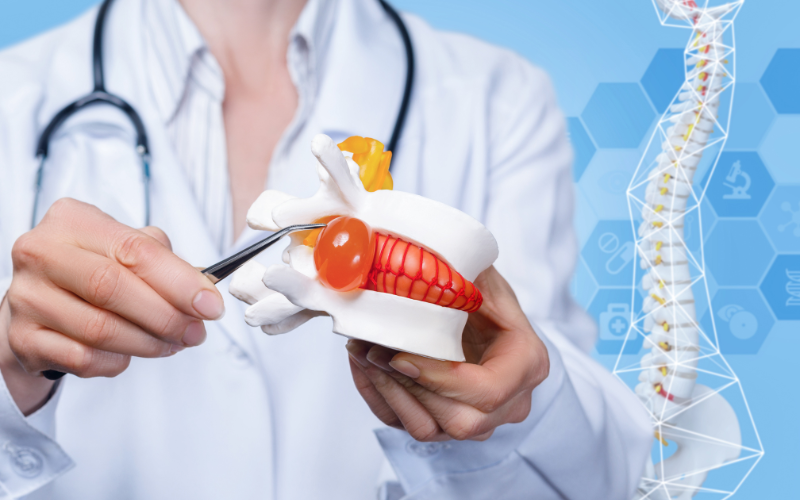
Herniated Disc Symptoms
The lower back is where most ruptured discs happen, but they can also happen in the neck. Symptoms and signs depend on where the affected disc is and if it is pulling on a nerve. Most of the time, a herniated disc only hurts one side of the body.
- Leg or arm pain. If you have a herniated disk in your lower back, you'll usually feel pain in your legs, thigh, and calf, as well as in your lower back. You might also feel pain in a part of your foot
- Most of the pain from a bulging disk in your neck will be in your shoulder and arm. When you cough, sneeze, or move into certain positions, this pain might shoot into your arm or leg. People often say that pain is sharp or burns
- Feeling numb or tingly. People with a bulging disk often feel numb or tingly in the part of their body that is served by the nerves that are affected
Weakness. The nerves that are hurt tend to weaken the muscles they serve. This can make you trip or make it hard for you to lift or hold things
You might not even know you have a bulging disc unless a spinal X-ray shows it.
Treatment Options for a Herniated Disc
Most people with a herniated disc in the lower back will feel better over the course of a few days to a few weeks. Most people are free of their symptoms after 3 to 4 months. But some people do feel pain at times while they are getting better. Nonsurgical treatments may include:
- Rest - Most back and leg pain will go away after one to two days of bed rest. Do not, however, stay off your feet for too long. When you start doing things again, try to take breaks during the day, but don't sit for long periods
- Physical therapy - Your lower back and abdominal muscles will get stronger with physical therapy, which can help stabilize your back
- Steroid injections - By lowering inflammation, an injection of a medicine like cortisone into the space around the nerve may help relieve pain for a short time
Only a small number of people with a herniated spinal disc need surgery. Spine surgery is usually only recommended after nonsurgical treatments have been tried for a while and the pain has not gone away. It is also suggested for people who have the following symptoms:
- Weakness in muscles
- Having trouble walking
- Loss of control over the bladder or bowels
Here at OSMC, our team of expert physicians are here to help you. If you are experiencing the above symptoms of a herniated disc, reach out to us today to schedule an appointment at one of our locations.
-
OSMC Back & Spine Specialists
-
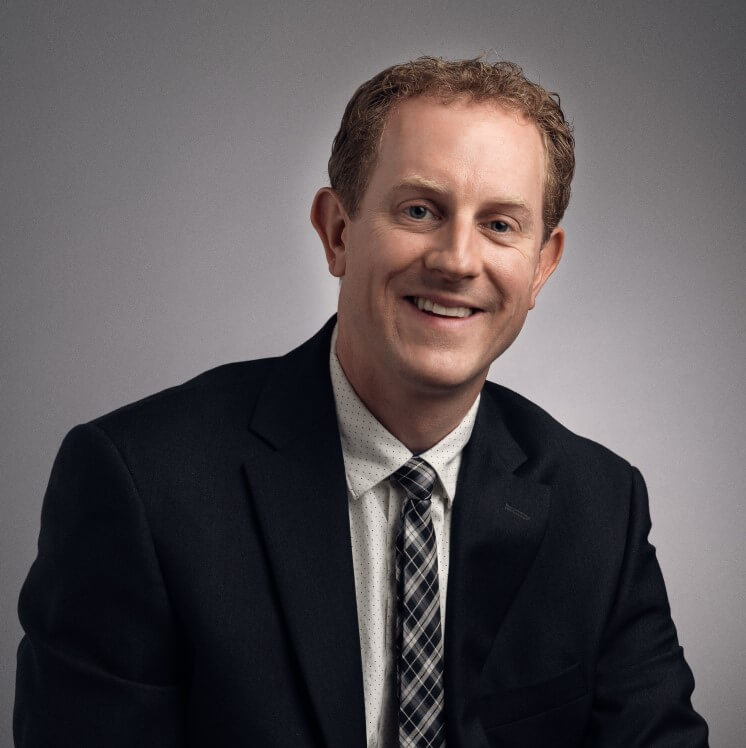
Anesthesiologist / Pain Management Physician
Location: Elkhart, Goshen Middlebury
-
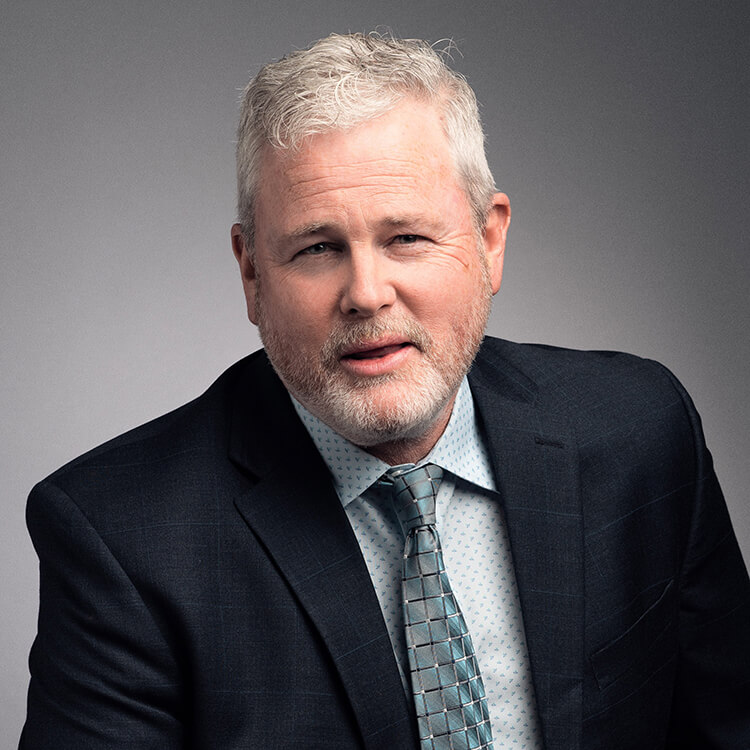
-
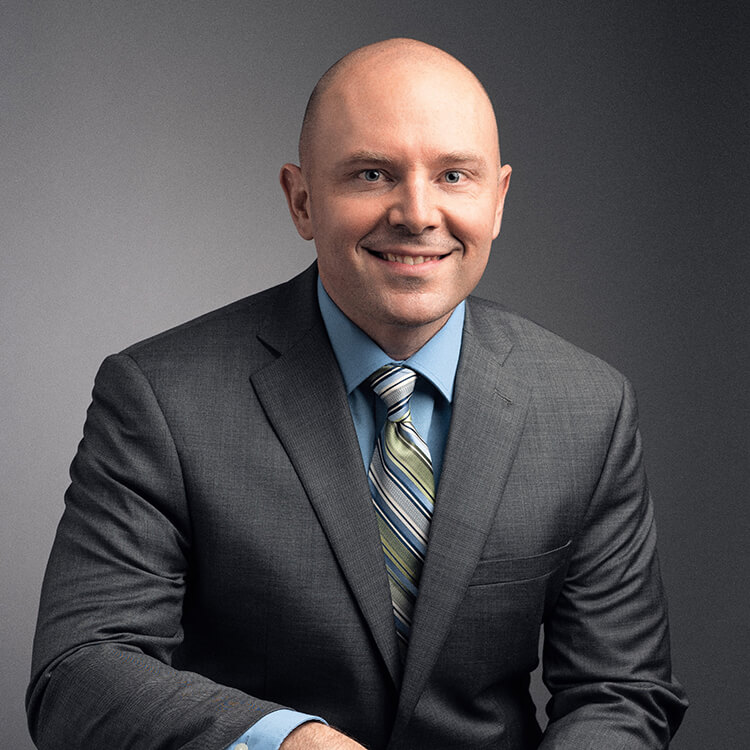
-
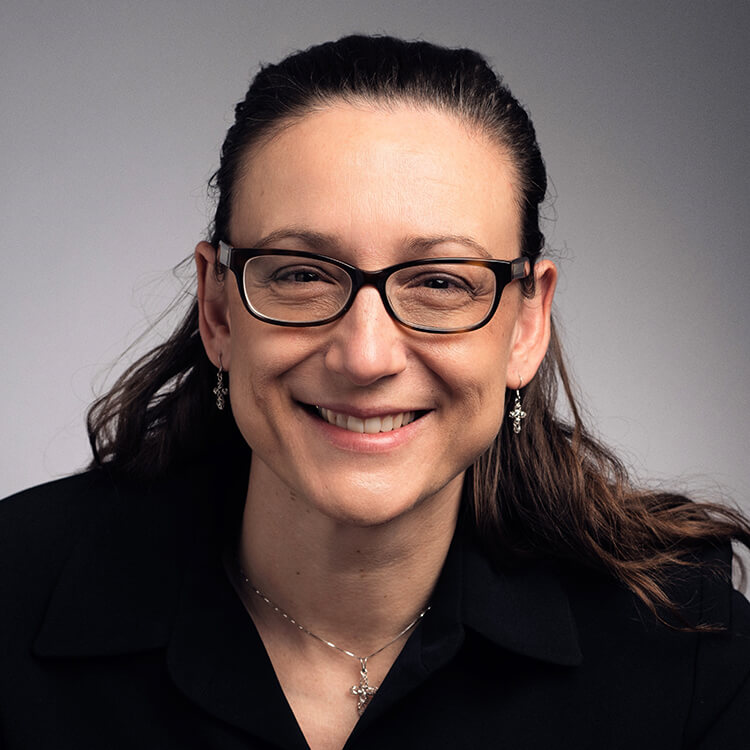
-
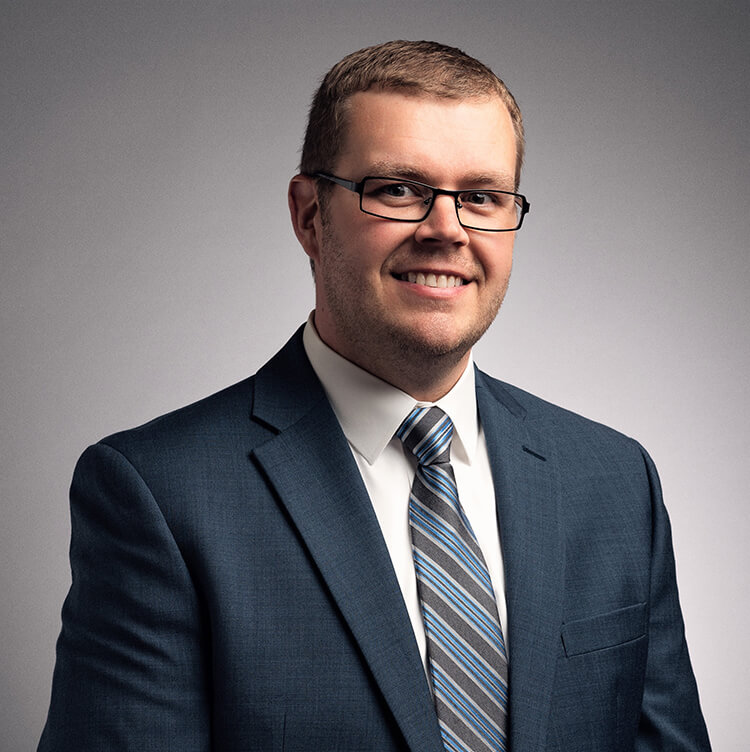
-
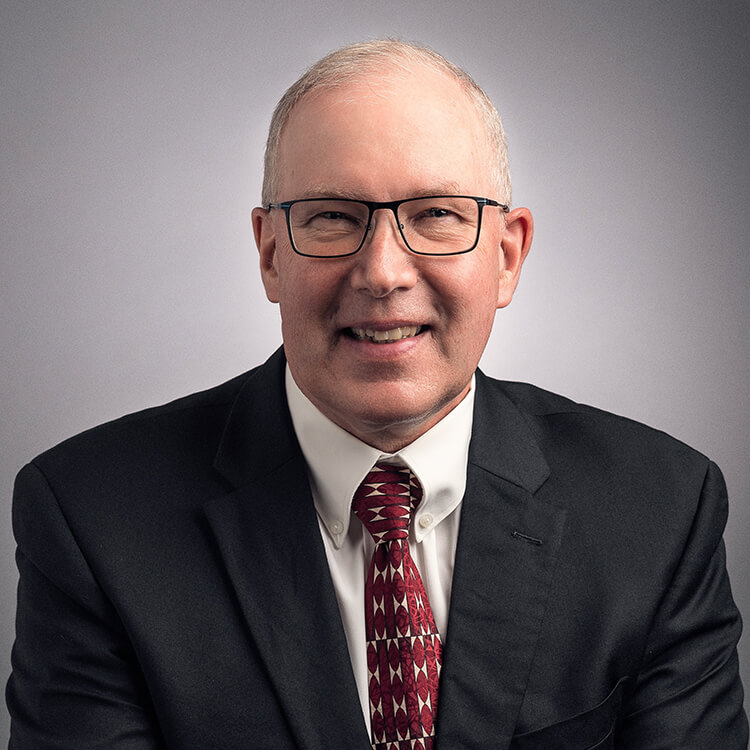
-
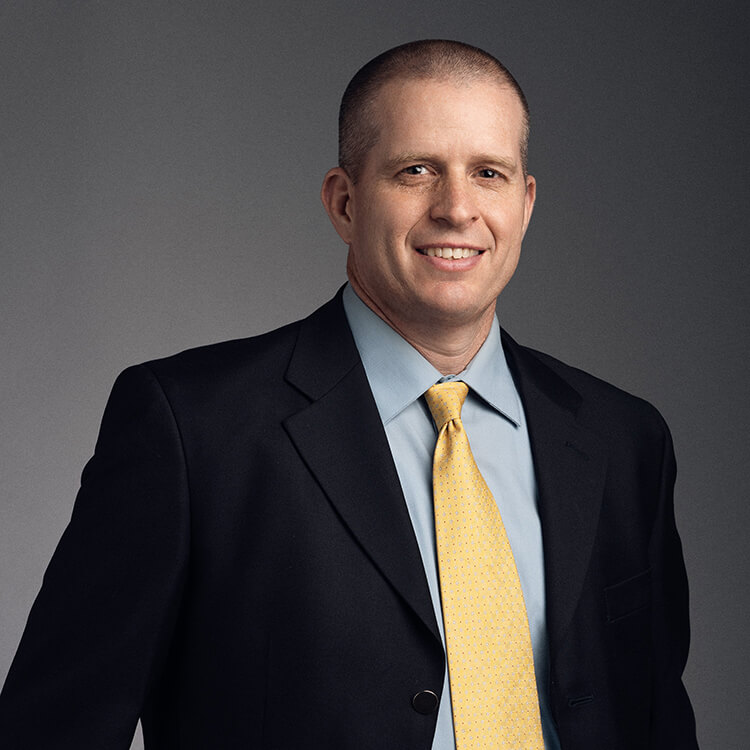
-
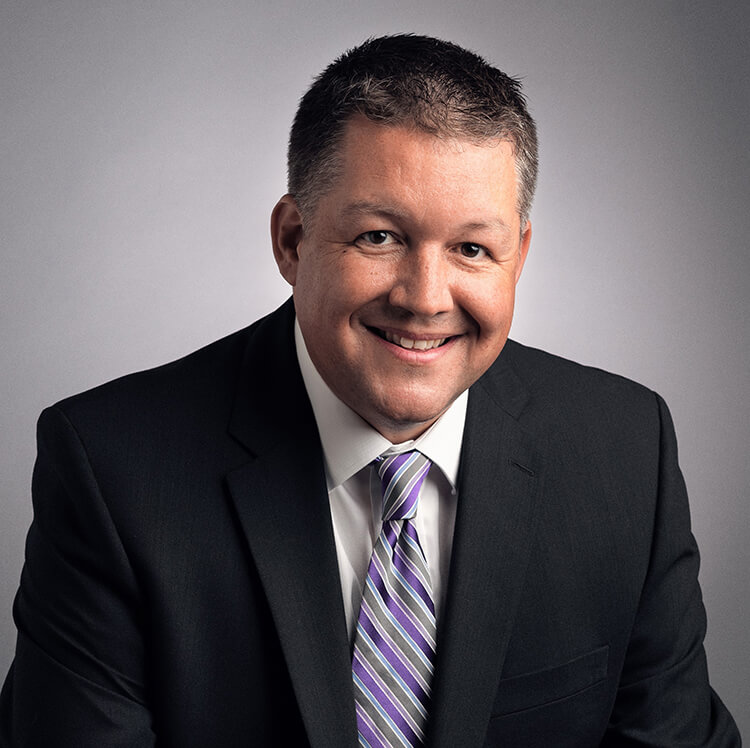
Anesthesiologist / Pain Management Physician

